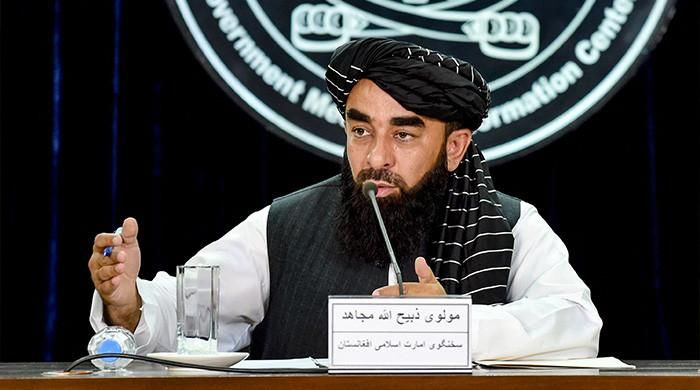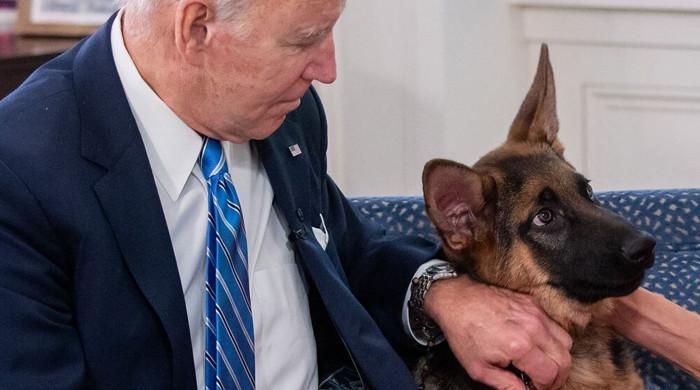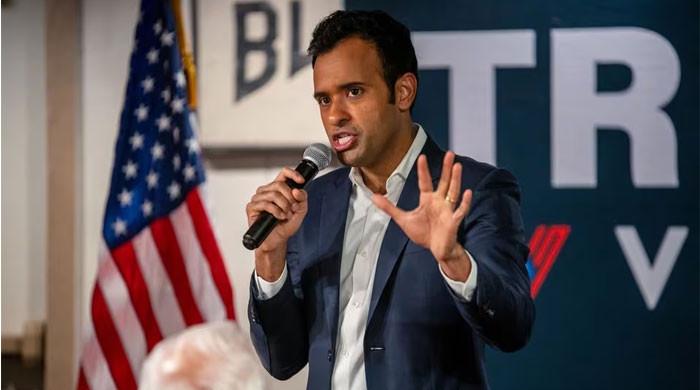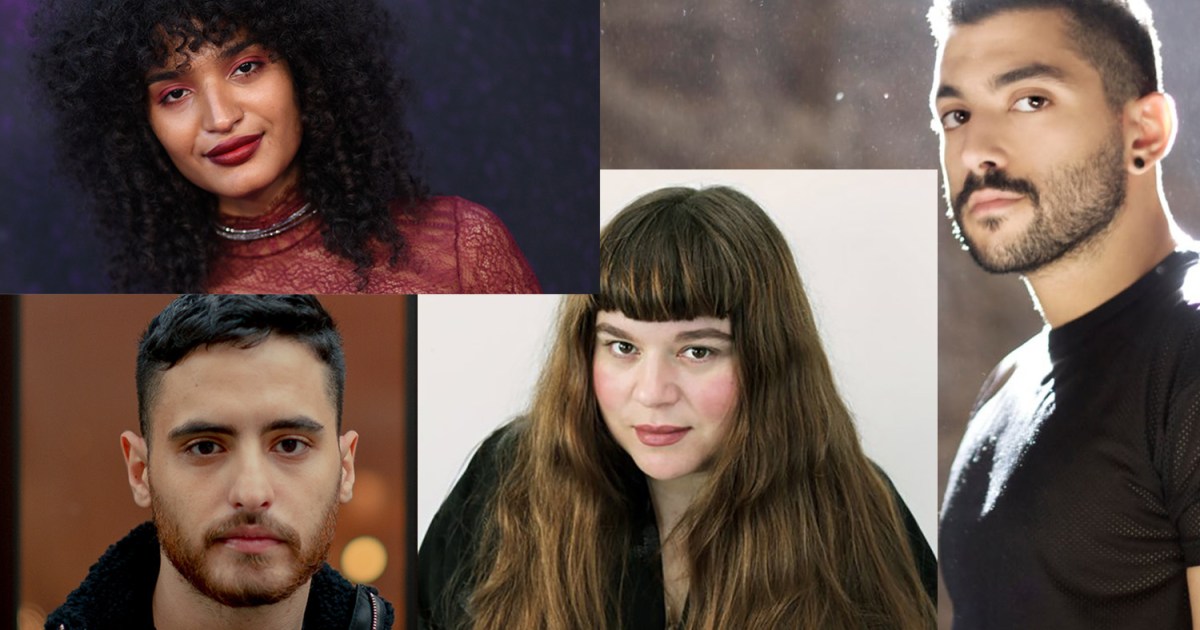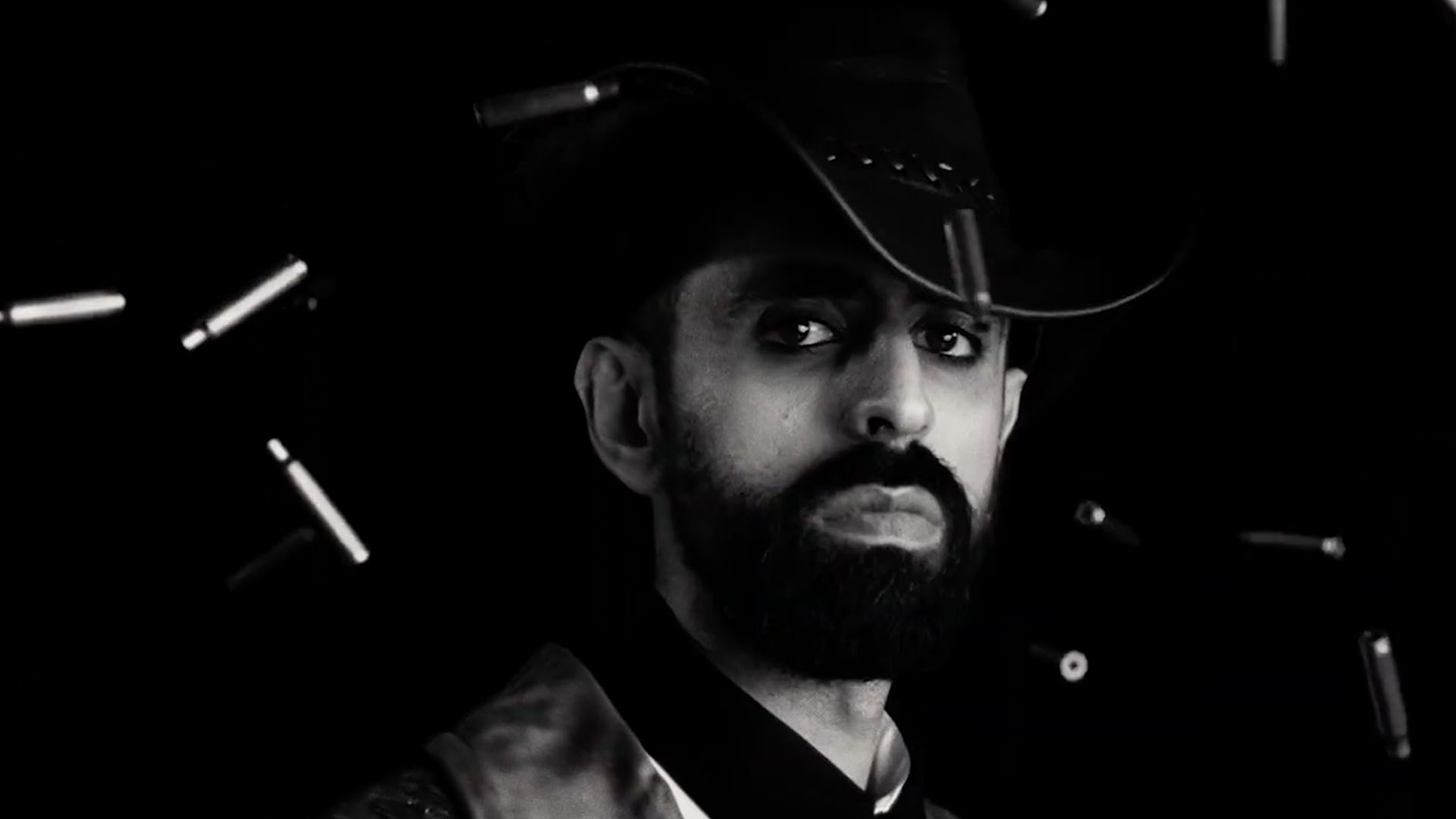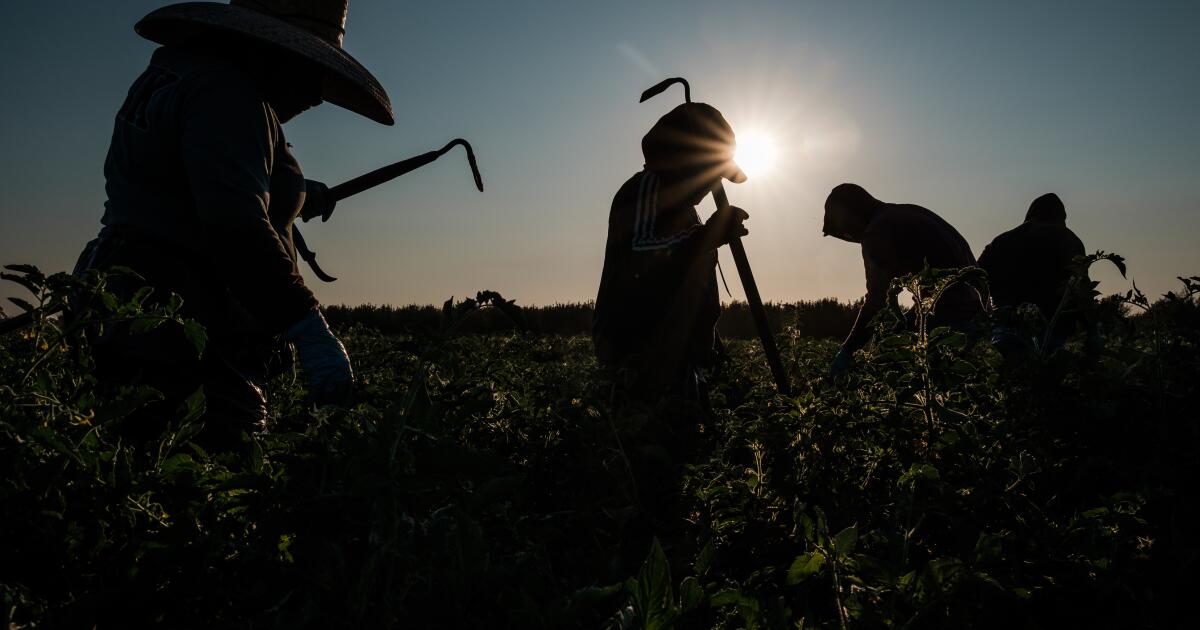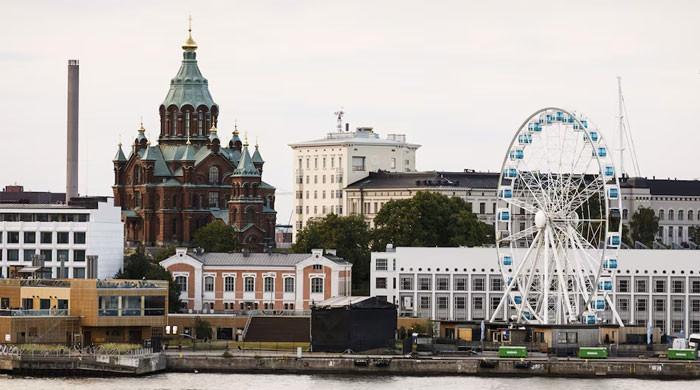- UN officials and more than 20 envoys will meet the Taliban government delegation.
- Taliban 'recognize women's issues': Zabihullah Mujahid
- The Taliban government has not been officially recognized by any government since they took power.
Representatives of Afghanistan's Taliban government began meeting with U.N. officials on Sunday as they attended talks in Doha for the first time with special envoys to the Central Asian country, a U.N. spokesman said.
The two-day meeting hosted by the UN in Qatar is the third of its kind in the gas-rich emirate in just over a year, but the first to include Taliban authorities who seized power in Afghanistan in 2021.
“Preparatory discussions began with the separate UN meeting with many of the special envoys present and with Taliban representatives,” said the UN spokesman, who asked not to be named. AFP.
U.N. officials and more than 20 envoys, including the U.S. special representative in Afghanistan, were expected to meet the Taliban government delegation led by spokesman Zabihullah Mujahid.
The talks in Doha were to discuss greater engagement with Afghanistan and a more coordinated response to the country, including economic issues and counter-narcotics efforts.
Following the Taliban's return to power, the international community has struggled over its attitude toward Afghanistan's new rulers.
Taliban authorities had been excluded from the first round of UN talks in May 2023 and refused to attend the second round in February, demanding that their delegation be the sole Afghan representative.
The Taliban government in Kabul has not been officially recognized by any other government since taking power and the administration has subjected women to laws characterized by the UN as “gender apartheid.”
In an effort to include representatives of the Taliban government, that condition was met with the exclusion of civil society groups that will meet with representatives on Tuesday.
'Speleology'
Ahead of the UN event, Taliban Foreign Ministry official Zakir Jalaly maintained on Sunday that any meeting taking place after Monday was “not related” to the official agenda.
The marginalization of civil society organizations has sparked protests among groups, including women's rights activists.
“Ceduring to the Taliban's conditions to secure their participation in the talks would risk legitimizing their institutionalized system of gender-based oppression,” Amnesty International director Agnes Callamard said in a statement ahead of the talks.
Yesterday, Mujahid told a press conference in Kabul that Taliban authorities “recognize women's problems” but said they were “Afghanistan problems” that needed to be resolved.
Hameed Hakimi, an expert on Afghanistan, said AFP The international community was “really” concerned about women's rights and the role of civil society in the country.
But he explained that international policymakers, “while accepting that the Taliban are not perfect players in the game, also recognize that there is a void that the Afghans themselves have not filled.”
In recent years, many governments, international organizations and aid agencies have cut or sharply reduced their funding to Afghanistan in response to the return of Taliban authorities to power, dealing a severe blow to an already struggling economy.
“On the one hand, there is a humanitarian situation that requires funding; on the other hand, the humanitarian situation cannot be alleviated without political commitment,” explained the Chatham House specialist, who is based in Great Britain.
Ahead of the UN-hosted discussions, the Taliban government delegation met in Doha with special envoys from Russia, India, Saudi Arabia and Uzbekistan, Mujahid said on X, formerly Twitter.

